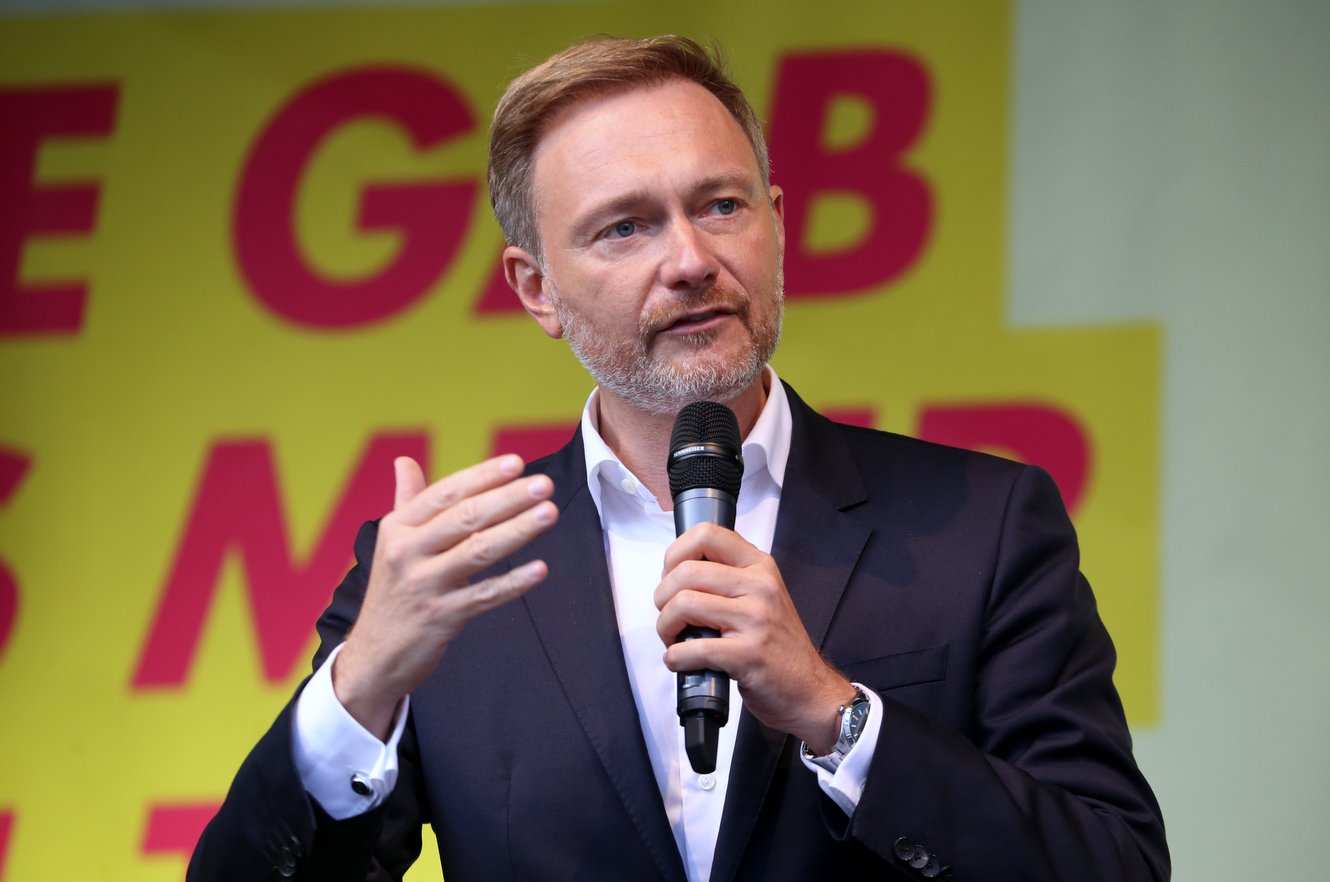Because Germany says no to the gas price cap

German Finance Minister Lindner said he was against the proposal (also pushed by Draghi) to impose a European ceiling on the price of Russian gas. Here because
Already last month, the Prime Minister Mario Draghi has repeatedly mentioned the possibility of establishing a "ceiling", that is a maximum limit, on the price of natural gas in the European Union. In this way Brussels would increase the sanctioning pressure against Russia for the invasion of Ukraine: the Russian economy in fact depends on the sale of hydrocarbons abroad, and in particular on the European market; on the other hand, however, Europe depends on Russia for most of its gas imports.
THE PROPOSAL OF THE ROOF AT THE PRICE OF GAS, IN CONCRETE
In practice, Draghi's proposal would lead the European Union to impose a lower price on Russia for gas supplies, exploiting its market power: just as Europe cannot immediately replace the volumes of fuel imported from Russia, so Russia cannot replace the European market with other equally profitable ones .
The "ceiling" on prices would allow Europe to reduce funding for the Kremlin, which has attacked Ukraine, and at the same time to continue to guarantee its energy needs, as long as it has not collected sufficient alternative gas supplies.
GERMANY AND RUSSIAN GAS
Italy buys almost all the gas it consumes from abroad, and imports about 43 per cent of it from Russia. Even more dependent on Russian gas is Germany, the most important economy in the Union, for 55 per cent.
Germany is working to detach from Russia, focusing first – in a similar way to Italy – on liquefied gas . However, given the impossibility of replacing them, it strongly opposes the interruption of Russian gas and oil supplies, fearing too great damage to its economy and its industries.
WHY LINDNER OPPOSES THE CAP ON THE PRICE OF GAS
Interviewed today by Federico Fubini for Il Corriere della Sera , German Finance Minister Christian Lindner, a member of the Liberal Party (Fdp), said that the goal of Berlin and the G7 is "to isolate Russia politically, financially and economically. ". He criticized the energy policy of previous German governments that led the country to be overly dependent on Russia ("a serious mistake"), pointing out however that "it will take longer" to do without Russian gas, compared to oil and coal. : for this reason it opposes the blockade of imports.
When asked by Fubini, who asks him why Germany opposes the ceiling on the price of Russian gas, the minister replies as follows: “There is a risk that the Russian side will cut off the flows. If we unilaterally modify the contracts, Putin could react by stopping the energy supplies. I do not know what the consequences would be for the European Union, but I can say that for Germany there would not only be a loss of prosperity or a reduction in growth. Certain industrial sectors would no longer be able to produce in the country ". Moscow also unilaterally amended supply contracts, requiring payments to be made in rubles despite the contracts being based on the euro or the dollar.
CRITICISM OF THE EXTRA-PROFIT TAX
Lindner then criticized the taxation on the so-called "extra profits" of energy companies. “Taxing extra profits or capping prices in the single market,” he said, “could have negative consequences. The negative effects on the green transition of the economy must be borne in mind. The current situation creates incentives for wind and solar energy producers to invest in renewables. When it comes to interfering with market processes, I am very reluctant ”.
– Read also: Why Confindustria's Sun burns Draghi for the tax on energy extra-profits
WHAT MOVES IN EUROPE ON THE ROOF AT PRICES
On Sunday, the German newspaper Welt am Sonntag wrote that the European Commission intends to lighten EU competition rules to allow member state governments to impose a ceiling on gas prices, to protect consumers – for a limited period of time. from the upsurge of a possible interruption of Russian supplies.
In March, however, the European Union said that imposing caps on wholesale gas prices could discourage the transition to renewables.
This is a machine translation from Italian language of a post published on Start Magazine at the URL https://www.startmag.it/energia/germania-tetto-prezzo-gas/ on Tue, 17 May 2022 09:50:53 +0000.
